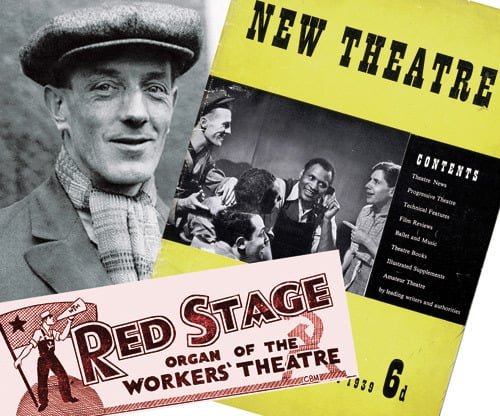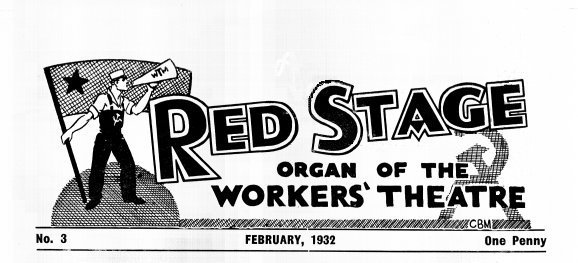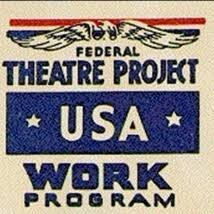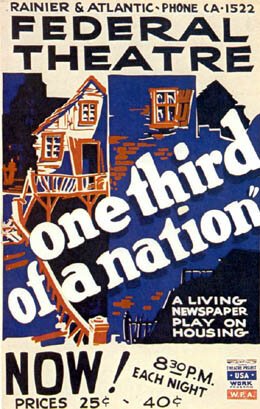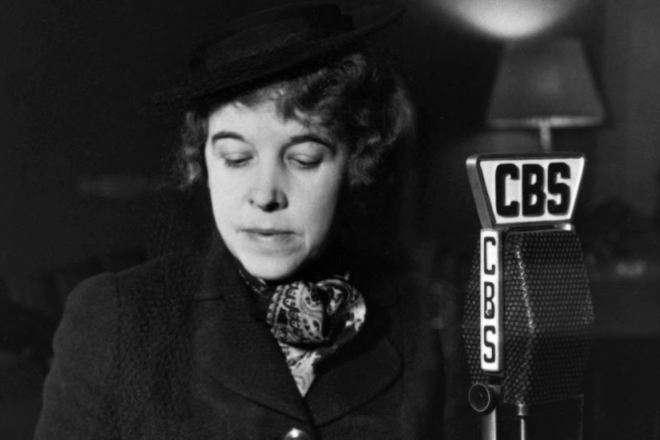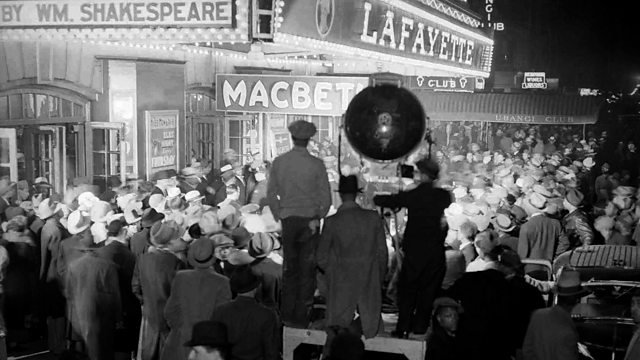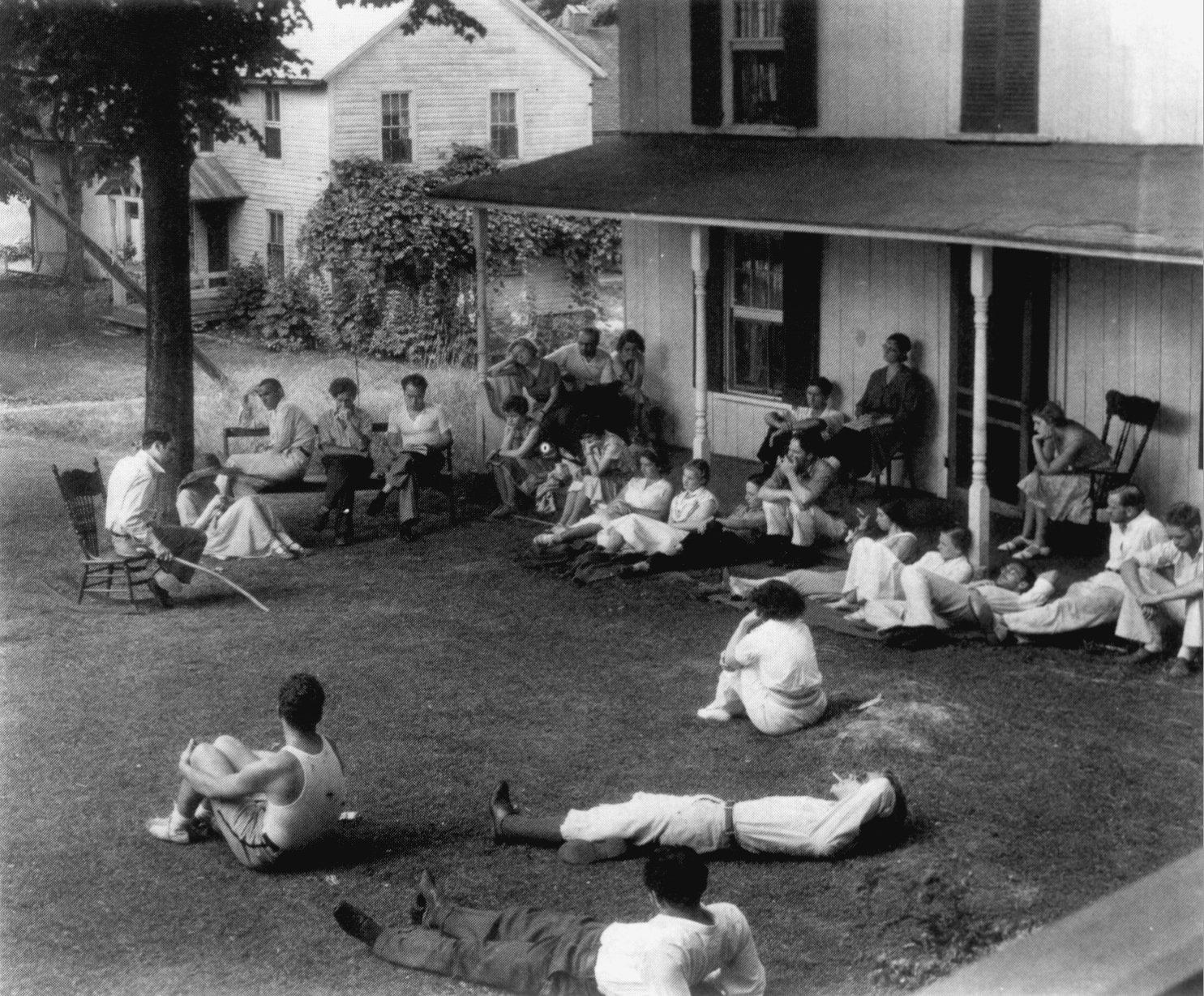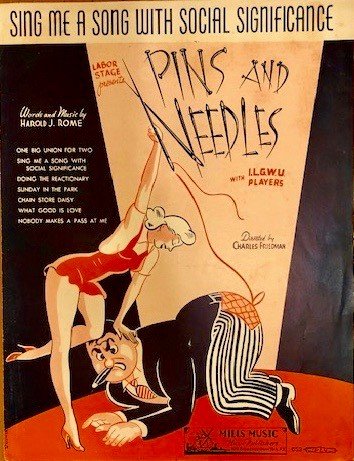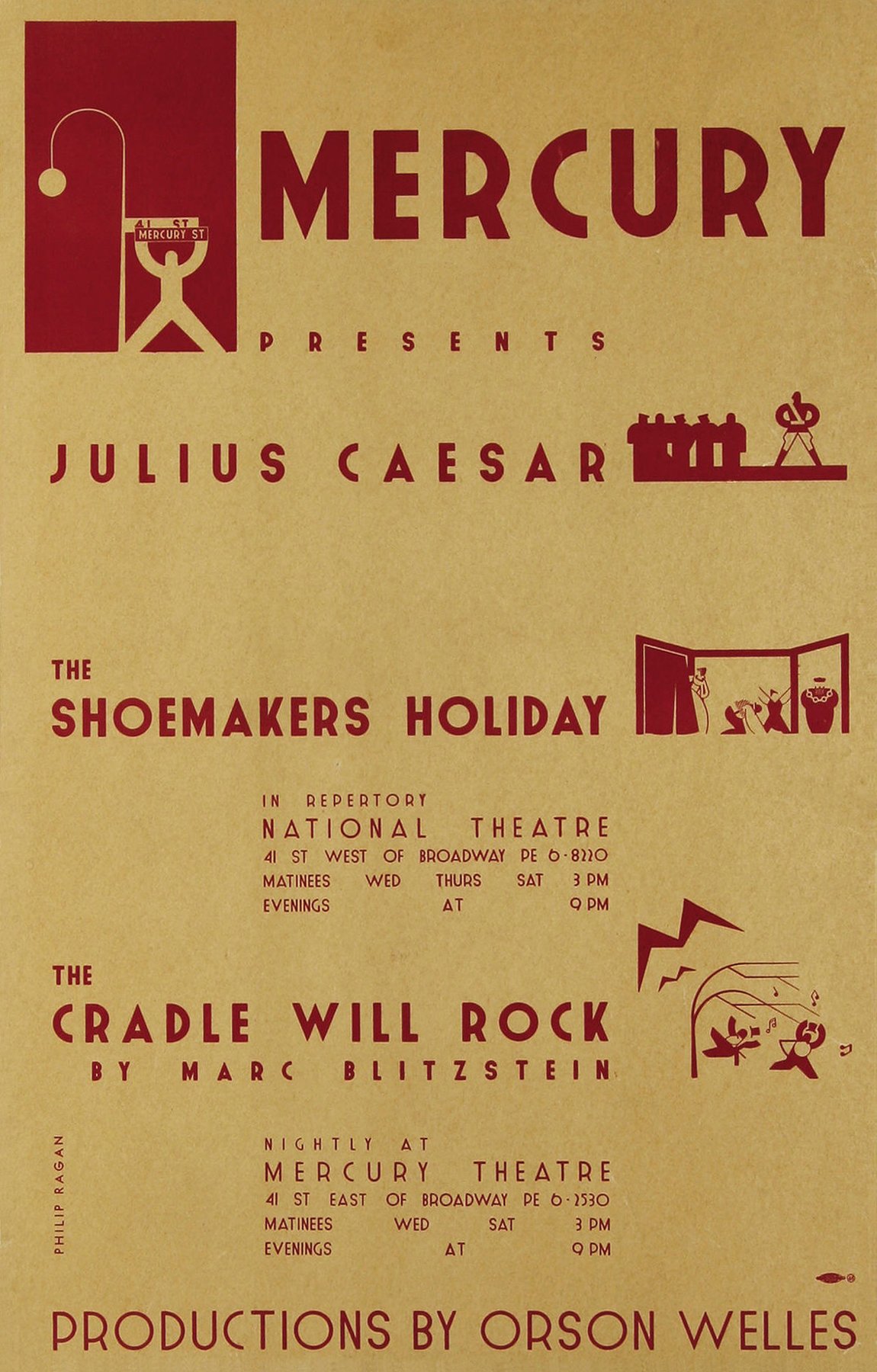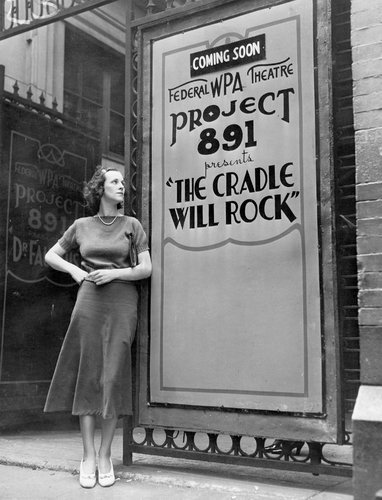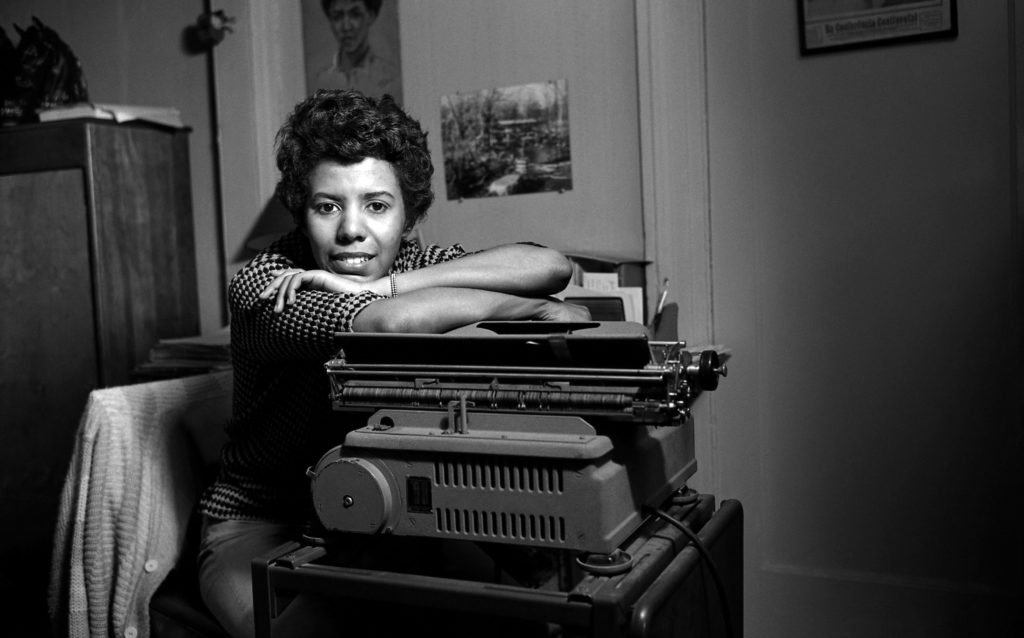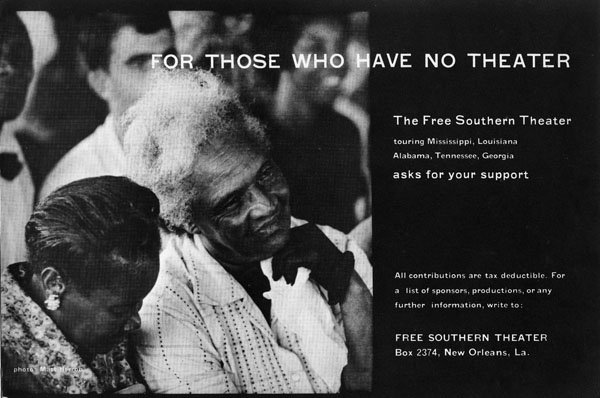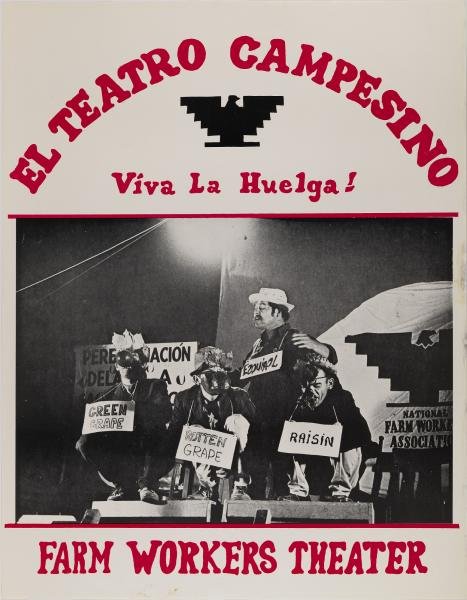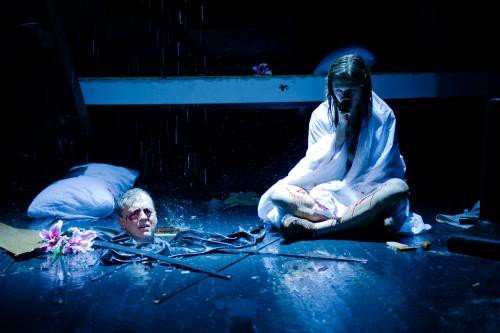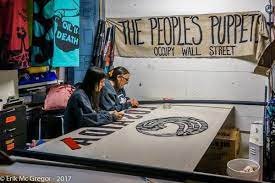MISSION
Hello
Less Than Rent exists to create plays that illuminate, examine, and elevate the stories of class struggle in America and throughout the world. We’re here to make plays about power structures and how they shape the lives of individuals and often without their consent.
So let’s talk about it.
We have always tried to put on Big Plays – plays that celebrate their theatricality and their “liveness,” plays about community. While producing over the past decade, we have cultivated a style all our own, but something has been missing. We were lacking a guiding principle to organize our ideas around. And that principle is this: the time for apolitical theatre is over. If anything, there’s a lot of catching up to do.
Context
You don’t need us to tell you that theatre used to have more relevance to the masses. You know about the Greeks and the Romans and the groundlings at Shakespeare’s Globe.
You probably don’t need us to tell you that American Theatre is in trouble. That it’s been relegated to an activity of the ruling class and is essentially reserved for people who can afford the exorbitant price of tickets. And why not? The socio-political worldview reflected in American art -- bourgeois navel-gazing, fetishizing of the working class, glorification of elite historical figures -- enters the mostly rich, white audience in a feedback loop of shallow self-reflection and self-aggrandizement.
Surely, we can do better.
Modern American Theatre can be viewed as a spectrum. On one end we have purely escapist commercial theater (avoiding political comment altogether) and on the other we have mass participatory theatre (the performance itself is a political act.) We’re striving to land somewhere in the middle of this continuum– to create politically explicit theatre that identifies a societal problem but also offers some specific political strategies as possible solutions. Of course, we are not the first to focus our energy in this way. There has been plenty of worker-focused art throughout the 20th century. But a few that are important to us are:
Reflection
There’s a litany of issues that are plaguing the American Theatre – racism, sexism, xenophobia, ableism. We believe that we cannot begin to understand and address these without a firm foundation of class consciousness. There are incredible barriers to entry to participating in professional NYC theater and even more barriers to remaining in that community. It is difficult to create a theatre for the working class unless the working class is an integral part of creating it. How can we participate in eliminating those barriers? What does it mean to be in community with other artists in a world that indoctrinates us in individualism? How can the changes we’re calling for be rooted in the material conditions and lived experiences of our community instead of largely gestural, performative statements? All good questions. None of which have simple answers.
Do Better
Artists are rarely thought of as Labor. But ask any artist you know, and they will tell you how extraordinarily hard they work and often for not very much money. Artists are taught early on to look at our dwindling bank accounts and lack of security as a badge of honor because we have the privilege of “doing what we love.” We at LTR were just as susceptible to that narrative. But now we say no more. We love what we do, but we are also workers who deserve living wages, safe work conditions, and the ability to advocate for our best interests the way any worker in another industry might.
We want many things for our company: to reflect the multiracial working class coalition that we are trying to uplift, to continue to operate without the oppressive oversight of a board of directors, and to create a revenue sharing model that honors the work that all artists do to bring plays to life to name a few. We can’t accomplish any of this without an acknowledgement that we have not always lived up to our ideals. We may continue to fall short. But we’d rather state our goals, and wrestle with achieving them than drive aimlessly into the future.There are no quick-fixes, but the time for action and change is now.
Conclusion
We began with an idea that we would make plays that we wanted to see and weren’t seeing enough of in New York. We thought we could make theatre for “less than our combined rents” (hence the name.) Even though our budgets have substantially increased since we began in 2011, the spirit of that goal remains in what we do in 2022. (And, for what it’s worth, NYC rents are up almost 40% since 2010. Yikes.)
In Staging Strikes: Workers’ Theatre and the American Labor Movement, Colette Hyman asserts that “‘Good’ workers theatre teaches about activism, animates participants with a vision of social change, and … is optimistic and imbued with a sense of possibility in working for social justice.”
We want to imbue our independent theater with the optimism and the possibility of what a more equitable and exciting independent theater might look like. We are having a resurgence of labor consciousness in America right now – according to a recent Gallup poll 68% of Americans have a favorable view of unions. This pandemic has brought into sharp focus just how essential our “essential workers” are and that they need to be paid as such. Successful strikes and union negotiations have broken out from Kelloggs to John Deere to REI to Starbucks. In light of this, we want to be presenting vital theater that is in dialogue with some of the most pressing issues of our time and centers stories of class struggle without giving up our signature LTR aesthetic.
See you out there.

